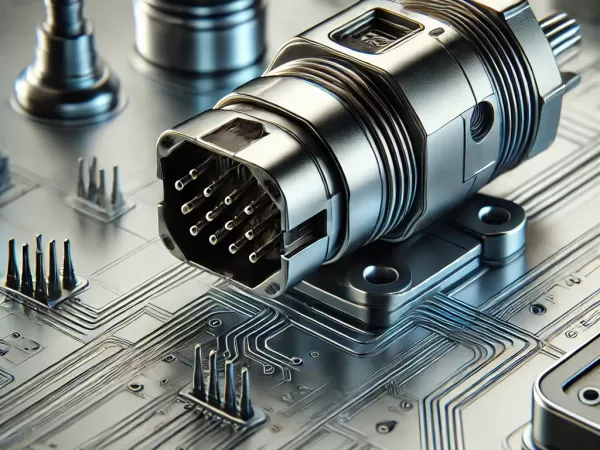"From medical devices to smart homes, connectors are everywhere"

With the rapid development of modern technology, connectors have become an indispensable part of our daily lives. From medical devices to smart homes, connectors are used everywhere in various fields, providing key support for the interconnection and functional realization of devices.
Connectors in Medical Devices
In the medical field, the application of connectors is particularly important. Whether it is an electrocardiogram device used to monitor patient vital signs or a robot for precision surgery, connectors ensure the reliable transmission of data, signals and power. Due to the high requirements of medical equipment for safety and reliability, connectors must not only have excellent performance, but also be able to withstand the test of harsh environments such as sterilization, high temperature and humidity. For example, micro connectors are used in miniaturized medical equipment to ensure that the equipment is light and durable while ensuring the stability of signal transmission.
Connectors in the Smart Home
With the popularity of smart homes, connectors are also an important part that cannot be ignored. Various home devices such as smart speakers, lighting control systems, and security equipment rely on connectors to achieve mutual communication and remote control. High-speed data transmission and low energy consumption are the main requirements of smart home connectors. They connect various sensors, processors, and network systems to ensure seamless operation of home devices and provide convenience and safety for residents.
The diversity and future of connectors
The demands for connectors vary from field to field, but their core functions - reliable connectivity and efficient data transmission - remain unchanged. With the development of the Internet of Things (IoT), connectors will play a role in more fields, connecting more and more devices together to build an intelligent ecosystem. From the automotive industry to consumer electronics, and even to the future smart cities, connectors have broad application prospects.
In short, as a core component of modern technology, connectors have penetrated into every aspect of our lives. Whether it is medical equipment related to human health or smart homes that improve the quality of life, connectors are undoubtedly the heroes behind the scenes that make everything run smoothly.